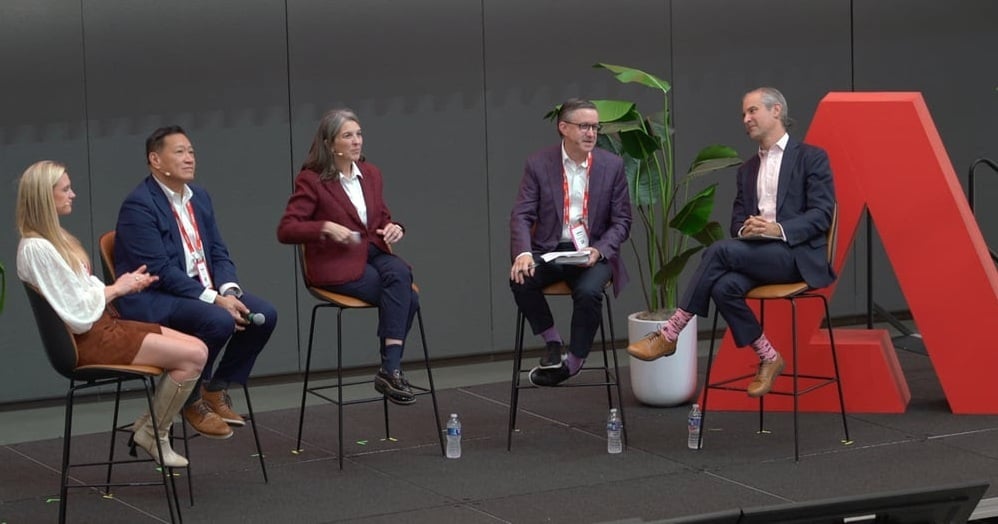Subscribe to Next
Next is a newsletter about what’s ahead for higher education, focusing on innovation, admissions and enrollment, the student experience, and everything else parents, university leaders, and business executives need to navigate the changing landscape of learning and work. Join more than 145,000 people who receive Next for free twice per month.

